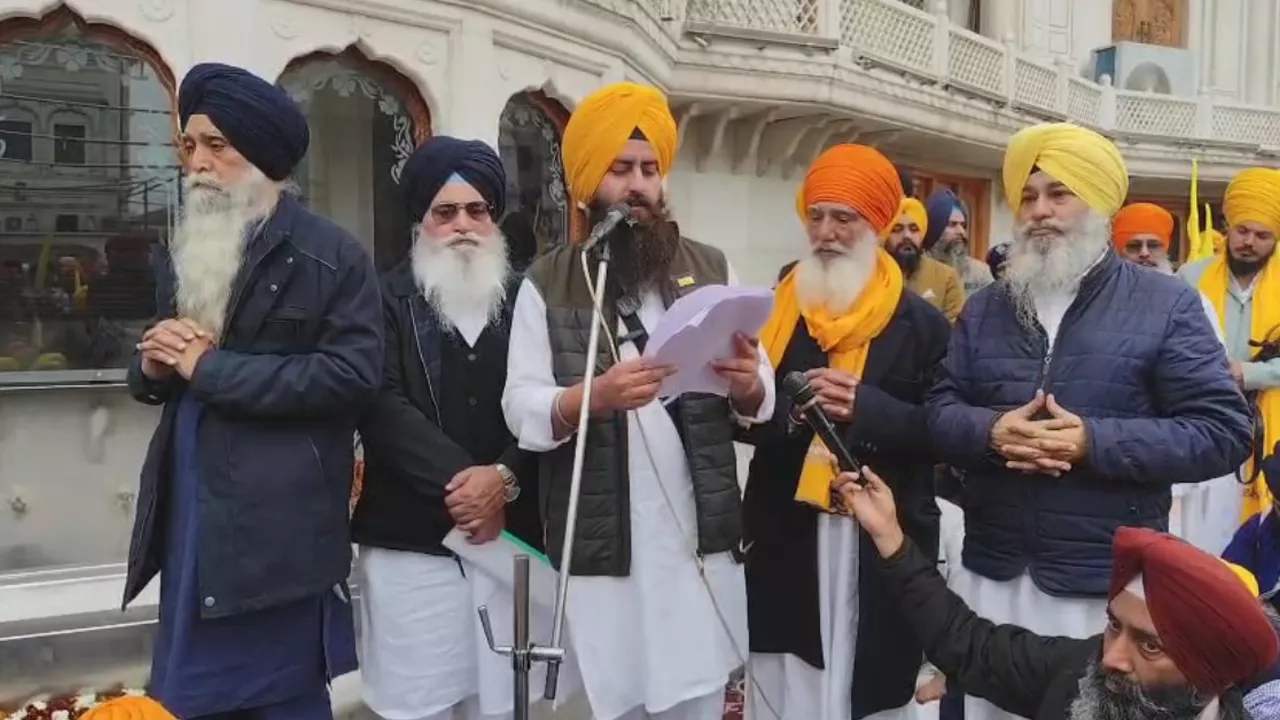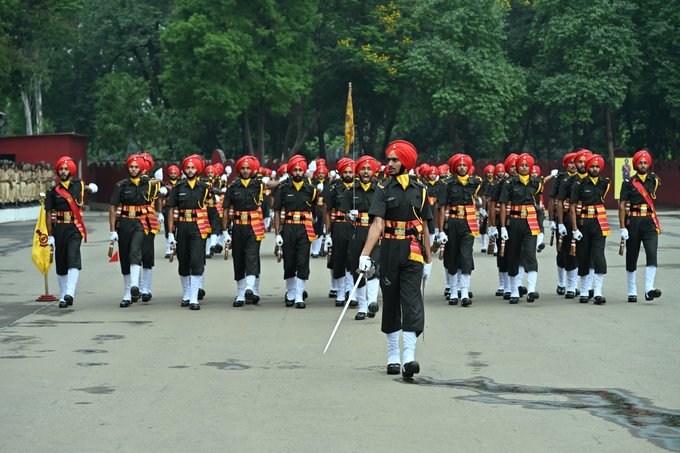The Panjab floods have killed 55 people, inundated 474K acres destroying about 35% of total cropland, and affected 2,303 villages. The floods hit when basmati was ready to be harvested in a few days and paddy too was almost near harvest. The huge deposit of sand on fields makes sowing wheat impossible. Panjab is the largest supplier of rice and wheat to India's food security program, which provides subsidised grain to more than 800M people. Meanwhile, Prasanna Boddupalli, Managing Director of the Borlaug Institute for South Asia, said work was underway to develop climate-resilient hybrid varieties of maize in collaboration with Punjab Agricultural University (PAU), Ludhiana. He said flood-tolerant maize varieties are being tested. Dr Satbir Singh Gosal, Vice-Chancellor, PAU opines the recent floods in the state have done more than submerged fields—they’ve transformed them. Red sand and silt carried by floodwaters from the Himalayan foothills have settled across vast stretches of farmland, mixing with Panjab’s native soil and raising urgent questions about fertility, nutrient balance, and the viability of future crops. While these are the directions corporate agriculture will take, farmers also have an alternative in natural farming. On 1 Sep, while villages in Ferozepur district were inundated, Sohangarh Farmvaristy was dry. Kamaljeet Singh Hayer who has created the natural farm says, ‘After the 1970s, we have extracted the fertility of the soil, enhanced productivity through artificial means. That has made the land dry and hard. Water does not percolate.’ Similarly, Iqbal Singh Sandhu who runs Guru Nanak Kudarti Kheti (Natural Farming) Mission, Sangrur says, ‘Overuse of heavy tractors and other machinery have created a hard slab between 8-18 inches under the surface of the soil. This slab stops water from percolating down. Unless we break the hard slab by digging up to 30-36 inches, the water will keep standing unless drained away but won’t soak into the ground.’ While restarting agriculture, farmers who can afford it, now have a choice to follow the failed Green Revolution model or experiment with natural farming.


Like what you're reading? Subscribe to our top stories.
Liv Forum provides a digest of analysis on major issues facing Indian (East) Panjab and Sikhs globally.
In accordance with our Privacy Policy, we will never share or sell the information of our subscribers.






